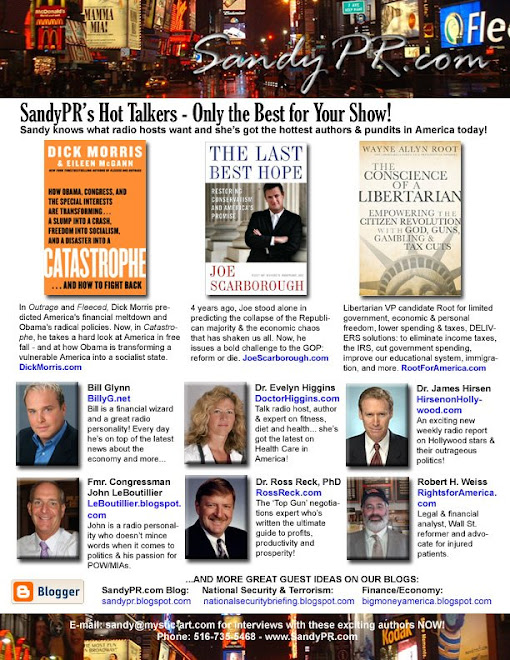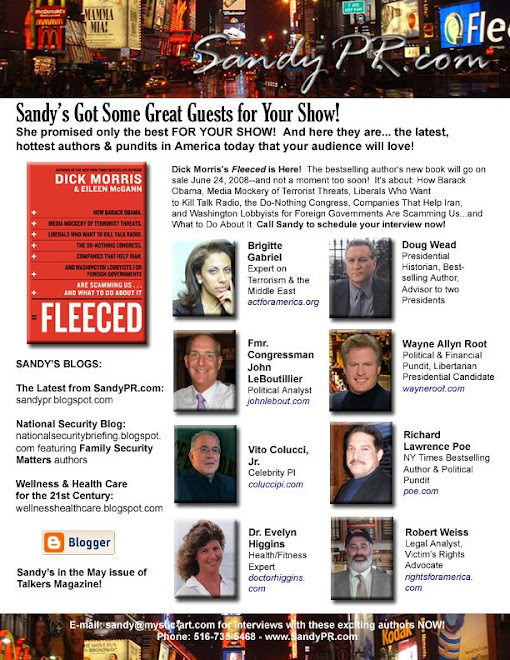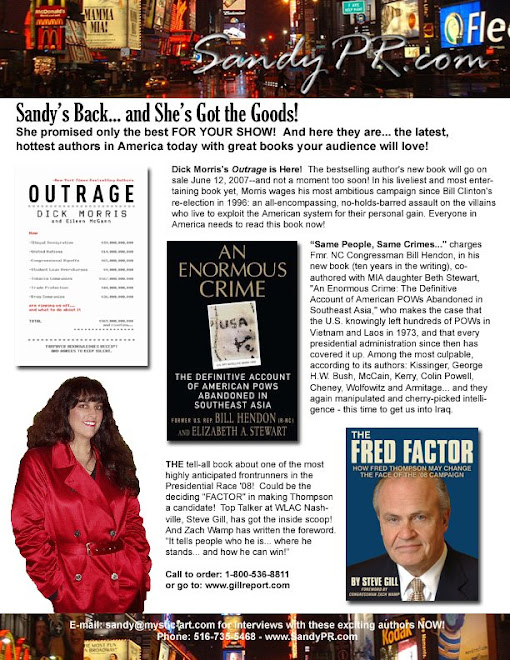|
|
|
|
|
|
American Awakening
IDENTITY POLITICS AND OTHER AFFLICTIONS OF OUR
TIME
BY JOSHUA MITCHELL
Joshua Mitchell, Professor of Political Theory at Georgetown University has written a book, as a political philosopher, that is considered to be "a key to the times we are living in" - American Awakening: Identity Politics and Other Afflictions of Our Time. This book is about three separable but ultimately related ailments from which we suffer immensely in America today: identity politics, bipolarity, and addiction. Although identity politics is the more immediate threat, our republic cannot be healthy if we do not also understand and address bipolarity and addiction.
In American Awakening, you'll learn:
· Whether it's the search for "clean" energy, the attempt to tear down our national monuments, or the desperate attempt to find cover for moral guilt by declaring "Black Lives Matter," in America today we are in the midst of a religious quest for purity, not unlike the Great Awakenings from our past.
· Identity politics is less about respect and toleration of differences than it is about finding a scapegoat to purge. The words, fascist, Nazi, homophobe, misogynist, Islamophobe, hater, denier, are scapegoating words, not intended to solve real-life problems, but to purge people from the community.
· The current scapegoat is the white heterosexual male. Once he is purged, there will be a need for another scapegoat on whom "innocent victims" can blame their troubles.
· Black America is being betrayed by identity politics.
· Identity politics depends on the false idea that different "identity groups" are unified. So, "white" is one thing, "women" another, "black" another, and so on. Yet nothing is more obvious today than the divisions within these groups.
America has always been committed to the idea that citizens can work together to build a common world. Today, three afflictions keep us from pursuing that noble ideal. The first and most obvious affliction is identity politics, which seeks to transform America by turning politics into a religious venue of sacrificial offering. For now, the sacrificial scapegoat is the white, heterosexual, man. After he is humiliated and purged, who will be the object of cathartic rage? White women? Black men? Identity politics is the anti-egalitarian spiritual eugenics of our age. It demands that pure and innocent groups ascend, and the stained transgressor groups be purged.
The second affliction is that citizens oscillate back and forth, in bipolar fashion, at one moment feeling invincible on their social media platforms and, the next, feeling impotent to face the everyday problems of life without the guidance of experts and global managers.
Third, Americans are afflicted by a disease that cannot quite be named, characterized by an addictive hope that they can find cheap shortcuts that bypass the difficult labors of everyday life. Instead of real friendship, we seek social media "friends." Instead of meals at home, we order "fast food." Instead of real shopping, we "shop" online. Instead of counting on our families and neighbors to address our problems, we look to the state to take care of us. In its many forms, this disease promises release from our labors, yet impoverishes us all.
American Awakening chronicles all of these problems yet gives us hope for the future that builds securely on three pillars of renewal: refortifying our middle-class commercial republic, healing the legacy of the wound of slavery, and establishing and sustaining a modest foreign policy. These will involve difficult but necessary labors if the promise of America is to be fulfilled, and if the citizens of this country are to recover the sobriety and humility we so dearly need to live well, with a modest but justified hope for the future.
ABOUT THE AUTHOR: Joshua Mitchell is professor of political theory at Georgetown University. The author of numerous journal articles and four books, most recently, Tocqueville in Arabia, Professor Mitchell's research focuses on Western political philosophy and theology. He is also a Washington Fellow at Claremont's Institute's Center for the American Way of Life.





